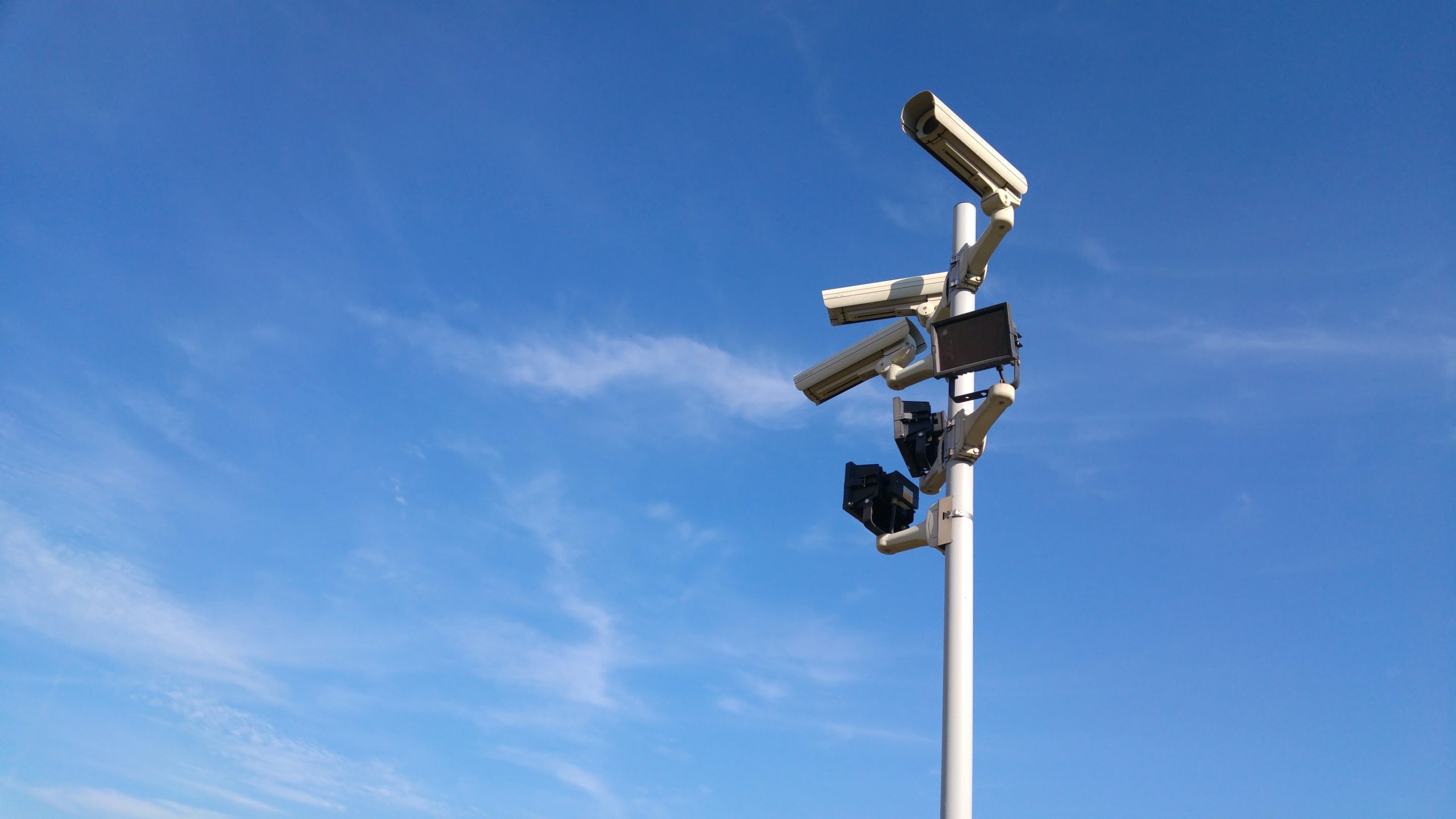Navigating Challenges: Addressing the Skills Gap in the Security and Surveillance Sector
The Security and Surveillance Industry: State of Play
‘We need to recruit at least 30,000 engineers for the security sector with school leavers, the military and security guards all providing fertile recruiting ground’ stated recently Simon Banks, Chairman for Skills for Security and the British Security Industry Association (BSIA).
While companies have largely overcome the disruptions and hardships of the last two years marked by the Covid-19 pandemic, the security and surveillance sector continues to face significant challenges.
Without a doubt, the UK government has placed importance on uplifting the industry with plans such as the National Cyber Strategy 2022 setting out a blend of direct investment in accelerators and growth initiatives, skills and profession support, and investment in regions and clusters.
However, the effects of the Great Resignation – the record number of people that have left their jobs since the beginning of the pandemic – can still be felt, rendering these governmental initiatives less effective.
Grappling with a significant shortage of skilled workers in a market where the demand for surveillance products is growing relentlessly has had an inevitable effect in the sector’s prosperity.
In 2022, the number of businesses in this sector noting that staff moving or retiring is a considerable challenge, increased from 15% to 24% suggesting that firms are facing both a tricky labour market and a loss of existing talent.
What is more, while the Security Industry Authority (SIA) has 375,000 licensed security professionals on its books, it loses 15% of them a year through churn.
The overall shortfall in talent can be tackled at the early stages of education, allowing people to learn on the job, and upskilling.
According to their research, McKinsey demonstrates that for UK employers, reskilling would yield positive economic returns in about three-quarters of cases. In other words, companies can capture the upside by performing strategic workforce planning, enhancing their training offerings, and transforming their learning culture.
Workforce Skills Required to Uplift the Sector
Technical Expertise: A strong foundation in technical skills is essential for professionals in the surveillance and security sector. The rapid development of IP Networking, HD and Megapixel technologies is only being equalled by their rate of integration with other electronic security systems. The need to keep up to speed with the latest developments in technology is of critical importance.
Analytical and Problem-Solving Abilities: The ability to analyse complex situations, identify potential threats, and devise effective solutions is a fundamental skill for surveillance and security professionals. Strong critical thinking and problem-solving skills allow individuals to assess risks, implement appropriate security measures, and respond swiftly to emergencies.
Communication and Collaboration: Effective communication and collaboration skills are vital for professionals in this sector. They must be able to articulate their findings, present reports, and work closely with various stakeholders, including law enforcement agencies, clients, and colleagues. Clear and concise communication, excluding any technical jargon, ensures that important information is conveyed accurately and efficiently.
Setting an Industry Precedent
A number of organisations and companies are striving to make their mark in uplifting the security and surveillance sector.
As an example, CSL DualCom has recently joined the industry’s Trailblazer Employer Group, which was set up to ensure employer-designed apprenticeship standards for training and assessment meet industry needs.
Building on its 100 in 100 apprentice drive – a campaign aiming to place 100 apprentices in 100 days – the scheme also supports the Engineers of Tomorrow competition, which pits apprentices from UK security firms compete against each other in a race against time to install security systems.
Skills for Security, a subsidiary of the BSIA, is another organisation committed to improving the skills and professionalism within the security sector. They offer learning programmes exclusively tailored for apprentices in the security industry and are leaders in e-learning accredited training.
In the private sector, Dahua Technology – a video-centric, smart IoT solution and service provider – runs regular training and certification programmes to give installers and engineers the necessary skills to design and install the most appropriate video solutions.
In addition, it offers free online webinars and certified training. As an example, the DHSP (Dahua Systems Professional) course takes a closer look at IP video surveillance solutions and how to utilise AI features enabling more complex and higher-value installations.
In its journey to cultivate the next generation of surveillance and security professionals, the company has also donated state-of-the-art equipment and learning resources.
For instance, Dahua has gifted high-quality video surveillance equipment to Belfast Metropolitan College (BMC). This included TiOCs (three-in-one cameras) with full-colour imaging, intelligent perimeter protection, and active deterrence. In addition, it donated to the Black Country and Marches Institute of Technology in their IoT Training facility and Focus Group Colleges in Plymouth and Exeter for surveillance apprentices.
Conclusion
The security and surveillance sector in the UK faces a number of challenges that require attention and proactive measures. By addressing the skills gap, investing in training, and fostering collaboration between industry and academia, the industry can navigate its challenges and thrive in an evolving landscape.

